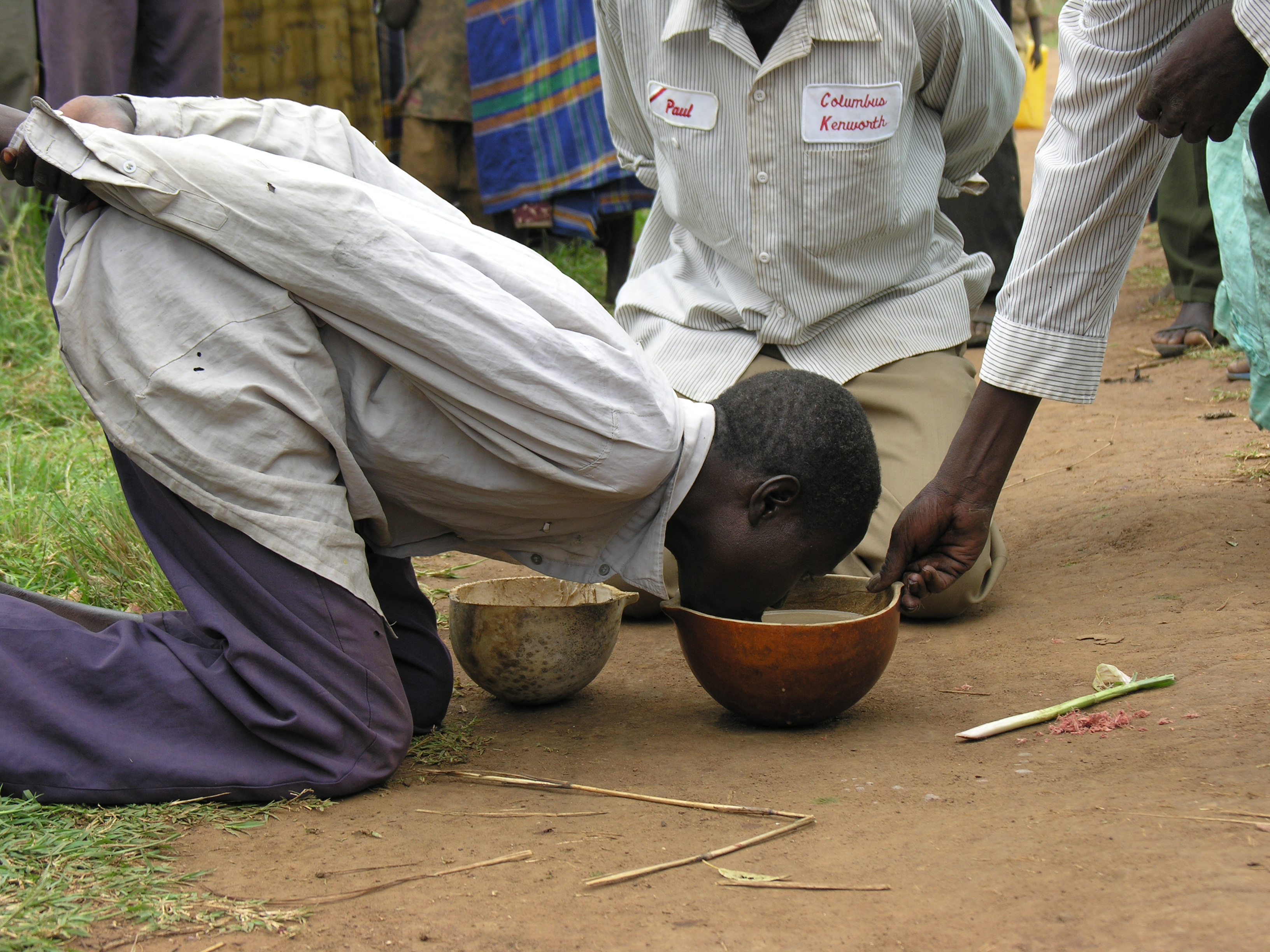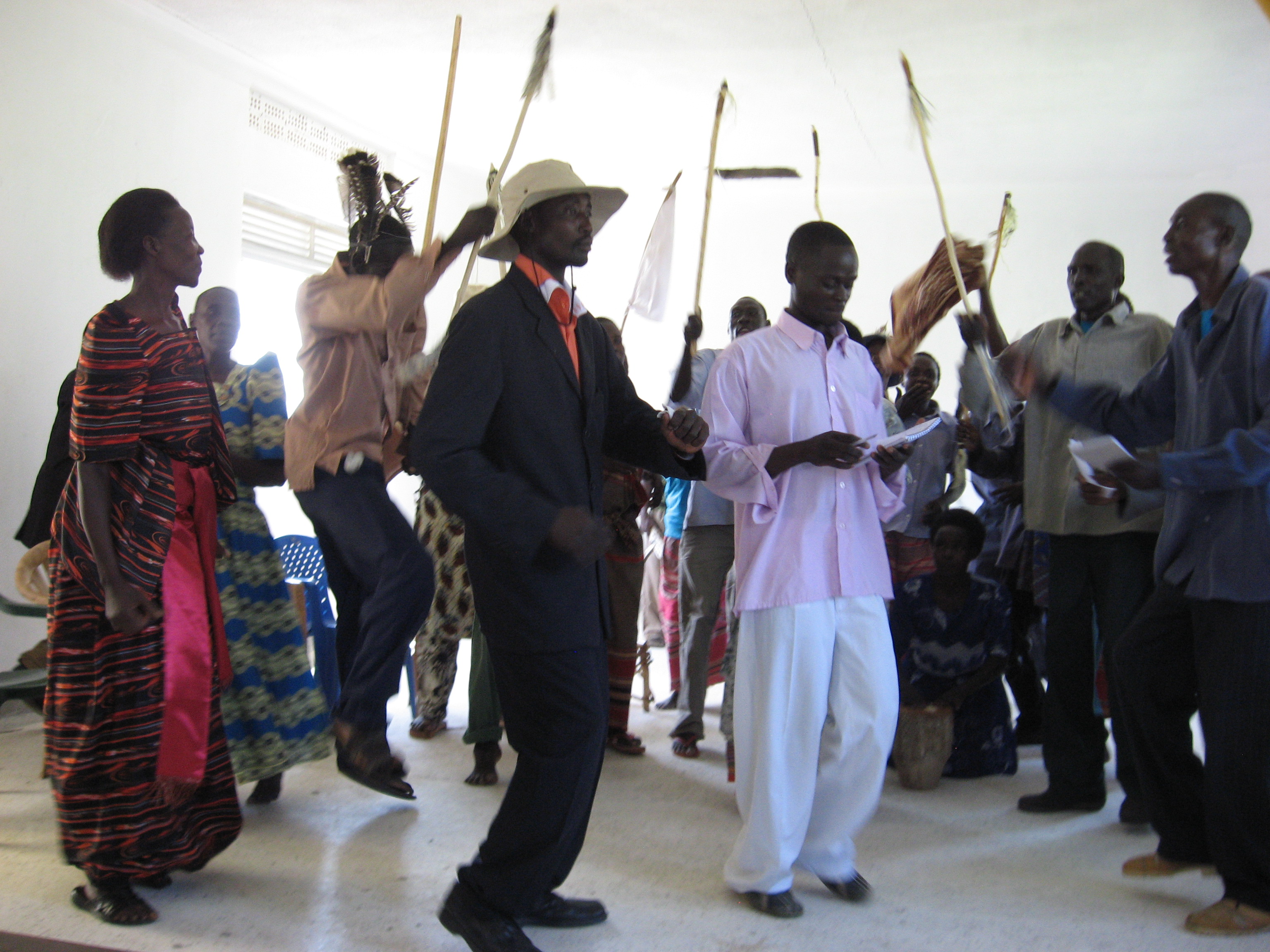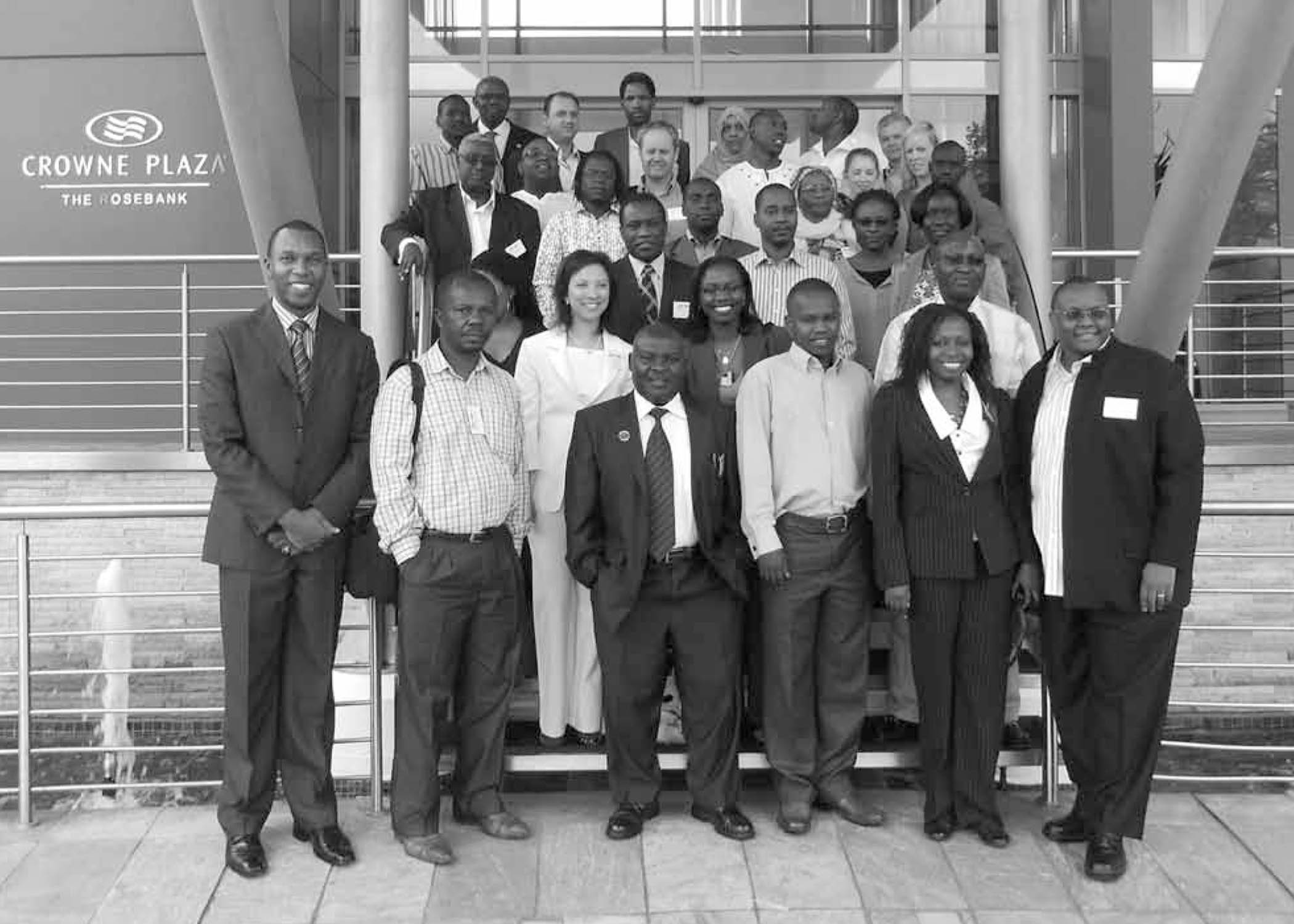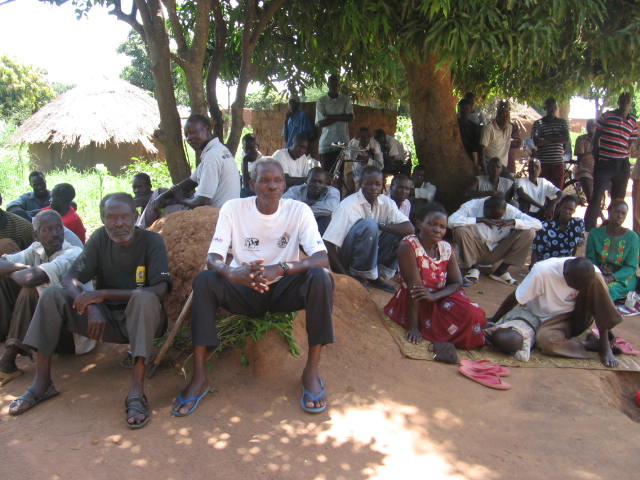
Justice and Reconciliation Project staff is often on the road, driving long distances and engaging with grassroots communities throughout Uganda’s northern region. In October and November of this year, travel was also international, as two JRP officials participated in programs overseas.
Women’s Advocacy Network Chair Evelyn Amony journeyed to New York City, as she was invited by the Government of Poland to address members of the United Nations Security Council. Mrs. Amony was accompanied by JRP board chair Michael Otim and University of British Columbia Professor and JRP advisor, Dr. Erin Baines.
She shared her experiences in Lord’s Resistance Army Captivity, while also illuminating a path for the future. Specifically, Mrs. Amony told United Nations members about the importance of child tracing in post-conflict Uganda, a process through which children born of war are reunited with their families.
“It is the right of the child to know his paternal home,” Mrs. Amony said. In Acholi culture, identity and heritage are passed through the male line. Following, child tracing programs establish a previously lost sense of identity. Regardless of whether children are reunited on the maternal or paternal side, such work also alleviates many of the brutal challenges they face, providing security, the resources for an education and even land to cultivate. By supporting children now, non-profit organizations and government bodies can build the Uganda of tomorrow.
Mrs. Amony claims that her presence at the United Nations meeting was a powerful step towards a more inclusive vison of social justice, in which all voices are welcome and heard. “There is the thinking that only people who are educated should be invited in such a meeting, which I am not,” she said. “I know that in life there are ups and downs. What I went through is not determining what I should do, that has passed. It is not about education per say, it’s about the person you are.”
Meanwhile, JRP head of office Mr. Okwir Isaac Odiya traveled to Switzerland, to take part in Geneva Peace Week. There, he spoke on the importance of child reintegration in global peace and security measures. He also attended a meeting on Victims’ Rights organized by the Office of the Ambassador of Ireland and Women’s Initiatives for Gender Justice in The Hague. He joined a panel and elaborated on the ways in which local justice mechanisms can complement the International Criminal Court.
Like Mrs. Amony, Mr. Odiya advocated for inclusivity, making powerful, international organizations and government officials aware of local initiatives. According to Mr. Odiya local non-profits, deeply entrenched in the community, have the best understanding of community needs, but do not always have the resources to fulfill their mandate. International organizations have those resources, but often lack inside knowledge. Thus, true partnership and collaboration are crucial going forward.
Following the trip, and back at the JRP offices in Gulu Town, Mr. Odiya spoke about the dynamics of such collaboration in depth. “The international bodies should first come to the local partners, should come to the grassroots people. . . to understand what they are doing and then build on what [locals] have already started,” Mr. Odiya said.
Specifically, he called for research and continued international workshops, in order to create a culture of mutual learning and support. “I would love the international organizations or bodies to partner with local organizations like Justice and Reconciliation Project to build momentum.” he said. He continued on to explain that local and international organizations can work together to implement a variety of protocols, creating a more holistic approach to transitional justice practices.
Mr. Odiya made clear that the need is urgent, and these partnerships should be established with haste. He spoke of war wounds untreated, of bullets buried deep in flesh, of burns from bombings and of women afflicted with fistulas, the final aliment a result of wartime sexual and gender based violence. Many conflict survivors still await treatment, as the national transitional justice process lags, despite the pressing nature of these medical issues. Thus, he hopes to build on the awareness created at international meetings, in order to address key challenges as soon as possible.
Both meetings paved the way for collaboration and Mrs. Amony and Mr. Odiya remain pleased with the outcome. JRP will continue to promote inclusivity and grassroots work. Moreover, it looks forward to building strong relationships with global partners in order to effectively meet the needs of the community.











